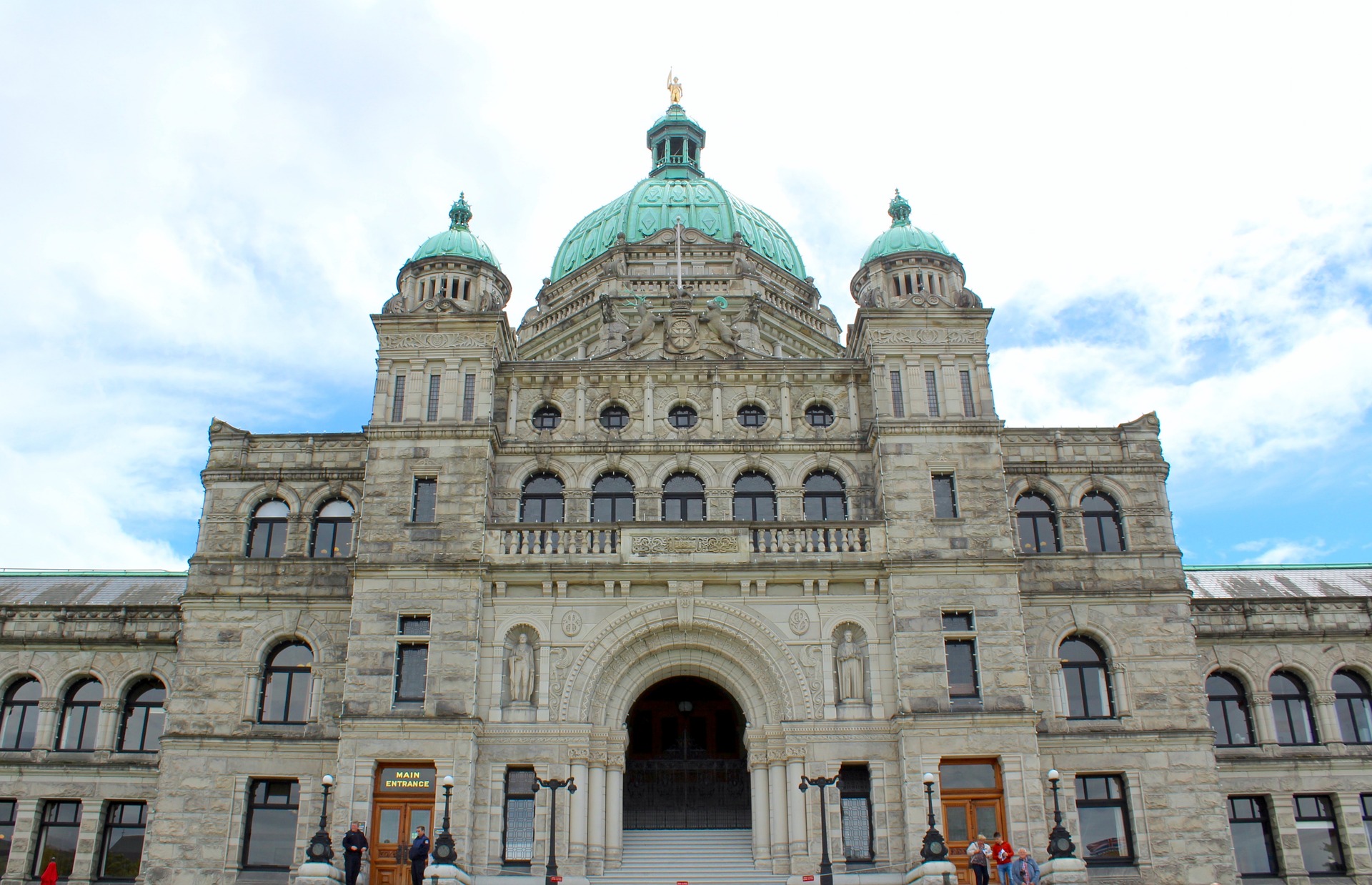The B.C. government is introducing a new act with the goal of dismantling systemic racism and discrimination in B.C.
Provincial officials said the anti-racism act will collect data to help identify gaps in programs and services and allow the government to meet the needs of Indigenous, Black and racialized British Columbians.
“Our province is shaped by diversity with people from all over the world choosing to come to B.C. to build a better life,” said Premier John Horgan in a release. “But for too long, systemic racism and the long-lasting effects of colonialism have unfairly held people back when it comes to education, job opportunities, housing and more.”
“These injustices are compounded when Indigenous Peoples and racialized communities ask for action, only to be told by government to provide evidence using data that is not being collected. Today, we are taking an important step toward building a more equitable province by shining a light on barriers that exist so we can improve services and make life better for everyone.”
The act was created through the input of more than 13,000 British Columbians. B.C. government officials said more than 90 per cent of racialized people who provided feedback believed that collecting intersectional demographic data could bring positive change in B.C.
Intersectional demographic data includes ethnic origin, ancestry, faith, ability and gender identity.
“It is long overdue to finally move beyond institutionalized denialism and publicly commit to addressing anti-Indigenous racism in British Columbia, using the tools that are necessary such as data collection, information sharing and public reporting,” said Grand Chief Stewart Phillip, president of the Union of BC Indian Chiefs in a release.
“If accurate data is not collected, then First Nations people are often not believed when we describe the impact of racism and discrimination against First Nations. This new legislation will bring needed changes to support respectful and ethical approaches to data collection, data standards and consistency in reporting and addressing how First Nations access or receive necessary supports and services in British Columbia.”
Provincial officials said there are safeguards in place to protect people’s information and keep it from being abused.






